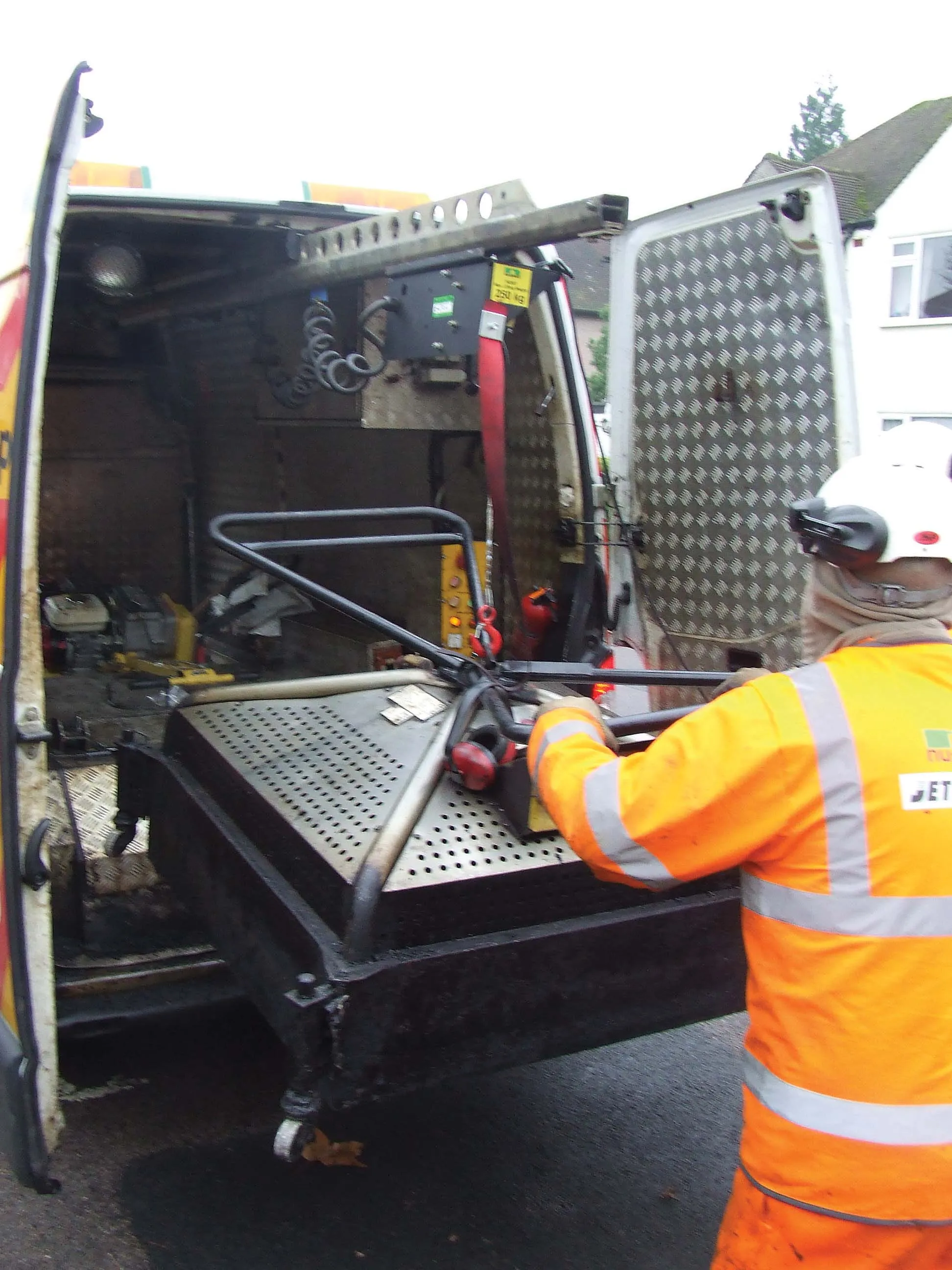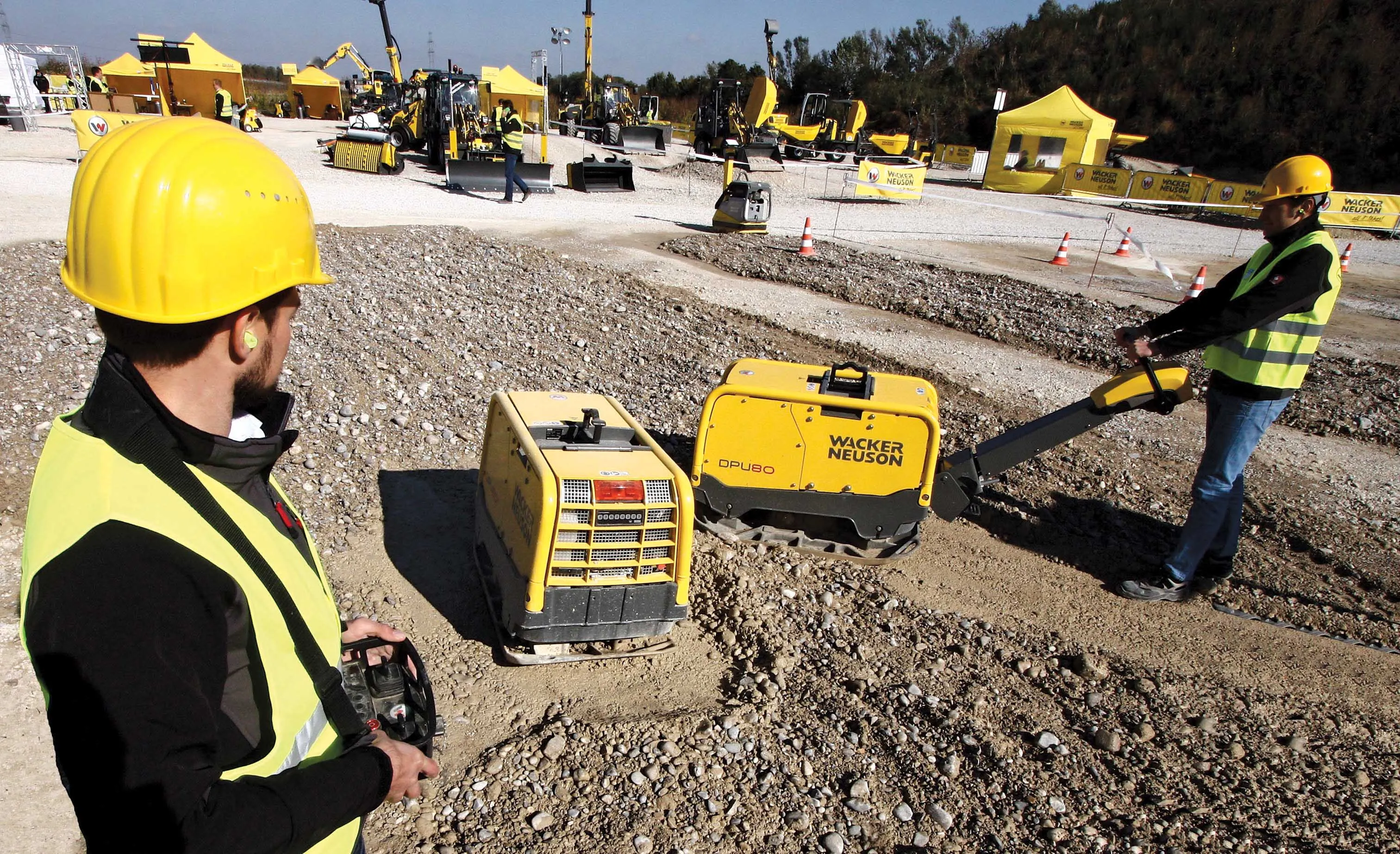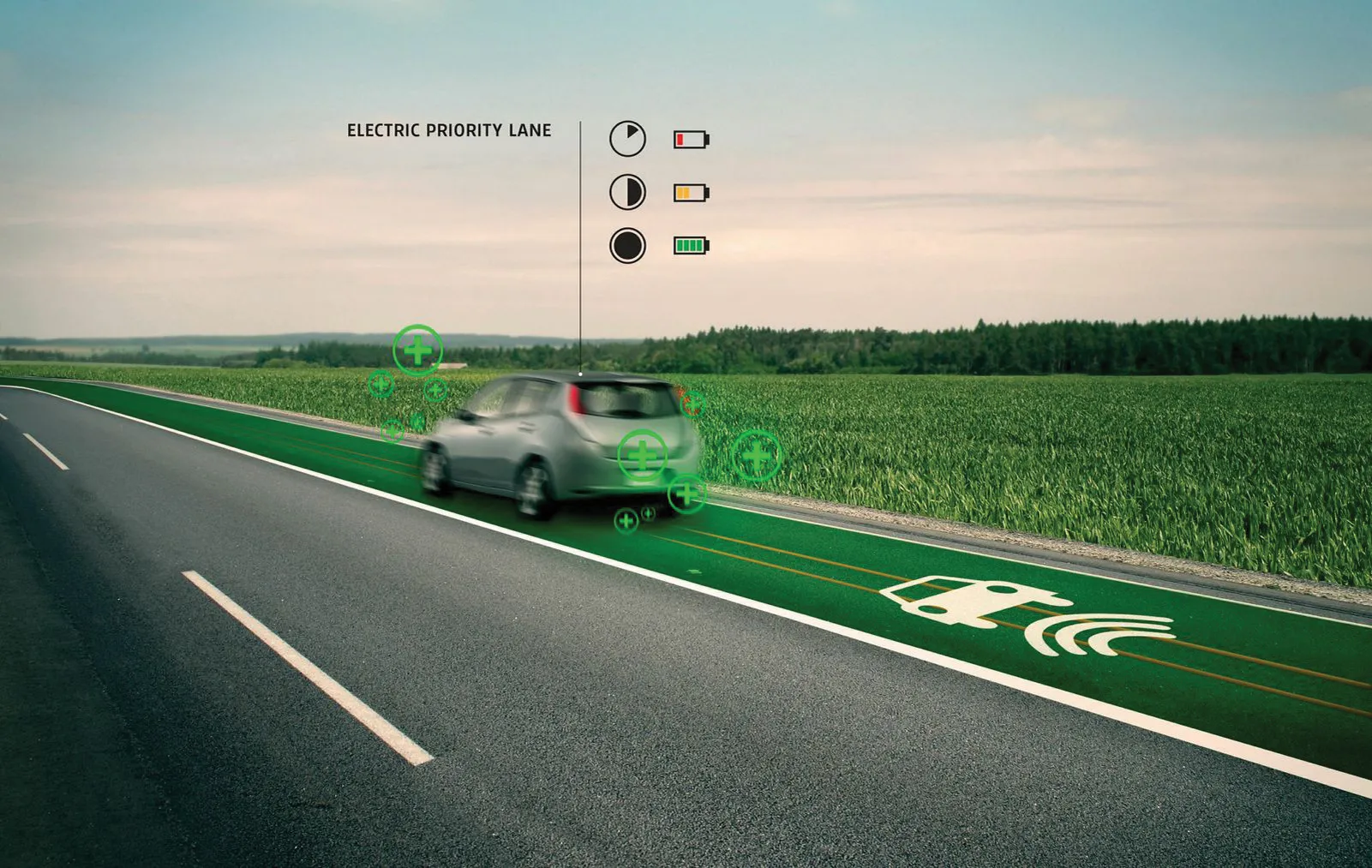Major developments are in hand with regard to providing charging solutions for electric vehicles. This has been seen as a barrier to the introduction of electric vehicles on a widespread basis but various manufacturers are now developing systems to deal with the issue.Siemens and BMW are working on an easy-to-use fast charging plug for electric cars. This system will allow sufficient charging for a 100km range in less than 30 minutes.
May 9, 2012
Read time: 2 mins
Major developments are in hand with regard to providing charging solutions for electric vehicles. This has been seen as a barrier to the introduction of electric vehicles on a widespread basis but various manufacturers are now developing systems to deal with the issue.
1134 Siemens and 1233 BMW are working on an easy-to-use fast charging plug for electric cars. This system will allow sufficient charging for a 100km range in less than 30 minutes.
Meanwhile2454 Nissan/2453 Renault have decided, together with major utilities and charging infrastructure suppliers, to develop and install thousands of fast charging stations in Europe by 2012.
Meanwhile other developments for electric vehicles focus on making batteries more affordable as well as efficient. The latest developments include batteries using organic polymer instead of cobalt and battery packs with improved thermal management that takes advantage of copper’s heat conductive characteristics.
Researchers from3434 Osaka University have developed a new lithium-ion battery using a cathode conductive organic polymer. Using an organic polymer instead of cobalt could have great benefits for the automotive sector, as cobalt is a costly raw material with limited production in just five countries. The polymer consists of molecules derived from an organic open-763 Shell molecule. This technology could prove successful in the automotive sector as it offers high discharge capacity of more than 300Ah/kg compared to existing lithium ion batteries, up to twice the electricity storage and an increased performance cycle.
Meanwhile
Meanwhile other developments for electric vehicles focus on making batteries more affordable as well as efficient. The latest developments include batteries using organic polymer instead of cobalt and battery packs with improved thermal management that takes advantage of copper’s heat conductive characteristics.
Researchers from









